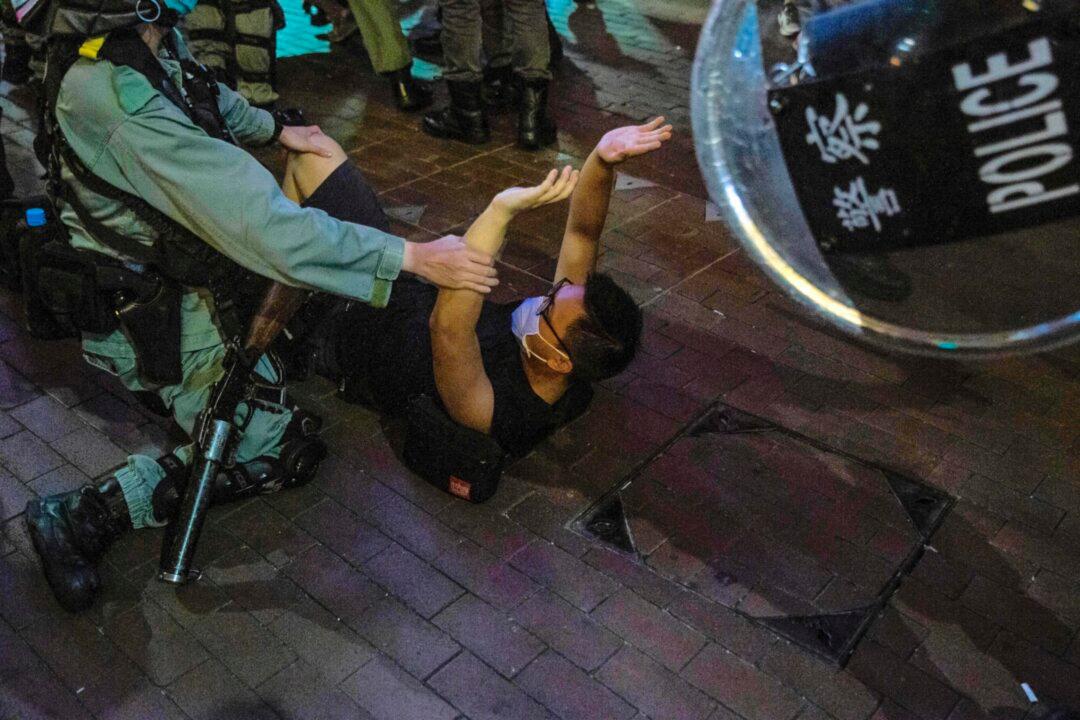Beijing will establish a security agency in Hong Kong, allowing it to heighten its control over the territory, according to a blueprint of a new national security law unveiled on June 20.
China’s communist regime will set up a dedicated central government bureau in the former British colony responsible for analyzing so-called security risks in the region, supervising the Hong Kong government to “fulfill its duties of protecting national security,” and collecting relevant intelligence, Chinese state media Xinhua said on Saturday.





